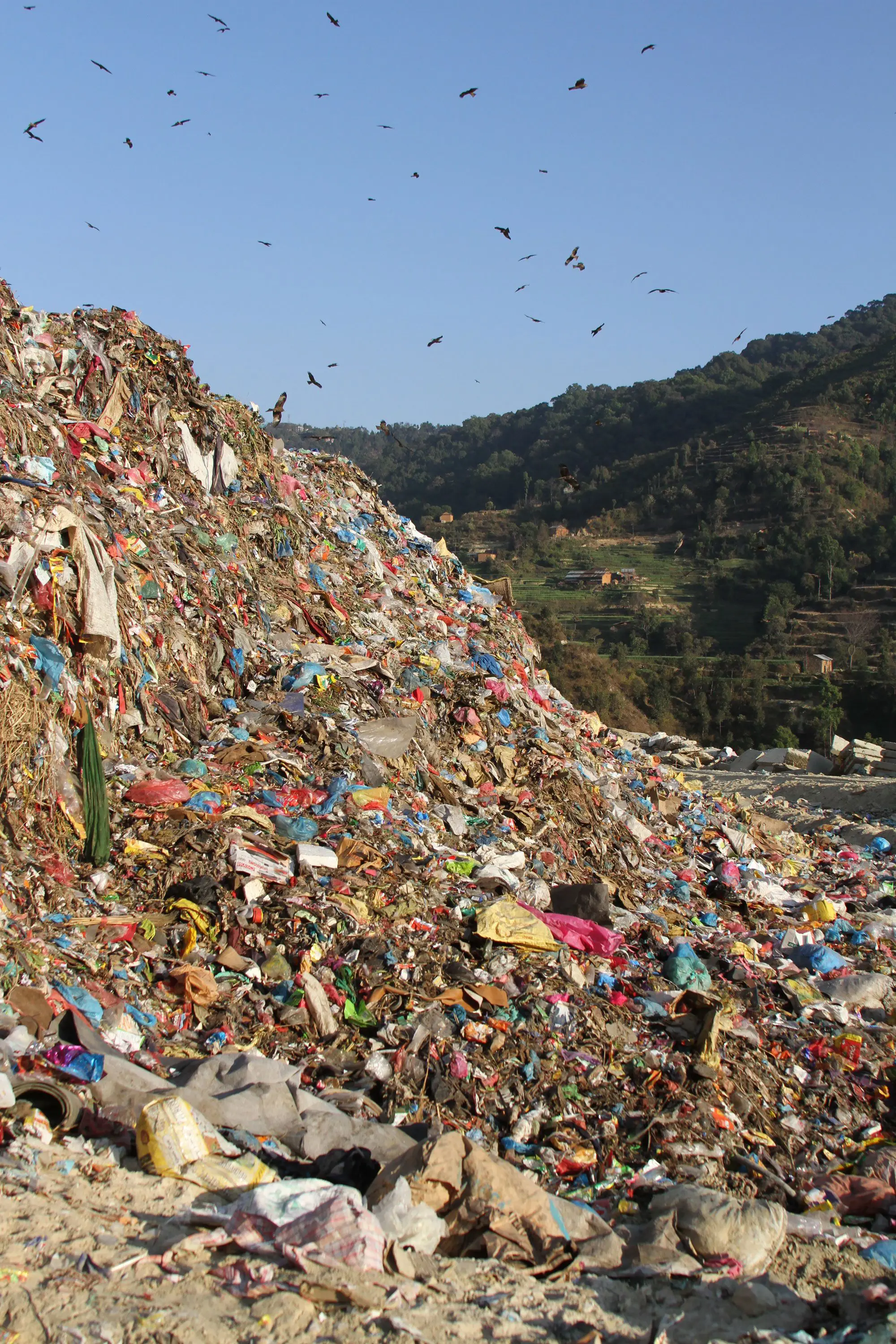Plastic production is booming since the fifties of the last century. For this reason, as plastic is non-biodegradable, there is a build-up or accumulation of plastic into the environment. So what happens - for example - to plastic in the oceans? It accumulates in certain places due to rain, wind, or ocean currents. We call this GYRES. Some plastics float on the surface, most plastics sink.
Of all plastic produced until now, 79% is dumped all over the world on landfills.
Of all plastic produced until now, 79% is dumped all over the world on landfills.
Growth of plastic production

Plastic production keeps on growing at an increasing pace. It is estimated that about 3% of all plastic produced every year ends up in the ocean. Since the large-scale introduction of plastic after the Second World War, a total of 8.3 billion metric tons has been produced. Of this amount, until 2015, 6.3 billion tons turned into waste. Only 9% of that plastic waste is recycled and 12% is incinerated. The remaining 79% ends up in landfills or in the environment, where it will stay forever in one form or another, as plastic does not decompose. World production of plastic increased from two million tons in 1950 to more than 500 million tons in 2024 (this number includes plastic textile fibers). About half of all plastic on earth has been produced since 2000.
If the current trend continues, around the year 2050, there will be about twelve billion tons of plastic in landfills and in the environment. More plastic is being thrown away than we can ever clean up, even though we are doing our best. The only way to reduce and prevent plastic pollution is to produce and use much less plastic.
Accumulation
For many countries, the rainy season is also the plastic season. The banks of rivers are washed clean with heavy rain. Those rivers carry all the plastic debris that used to be on the banks to the sea. Then, some of it is deposited on beaches. In Bali, the famous tourist beaches were covered time over time again with a thick layer of plastic; a ‘garbage emergency’ was declared in January 2018, after it had rained for five days. Bulldozers were used to clean up the beaches.
The beachfront in Durban, South Africa, was also full of plastic bottles after heavy rainfall.
The beachfront in Durban, South Africa, was also full of plastic bottles after heavy rainfall.
As Plastic Soup Foundation we say: the plastic soup starts on land and even in your own backyard.



.png)

